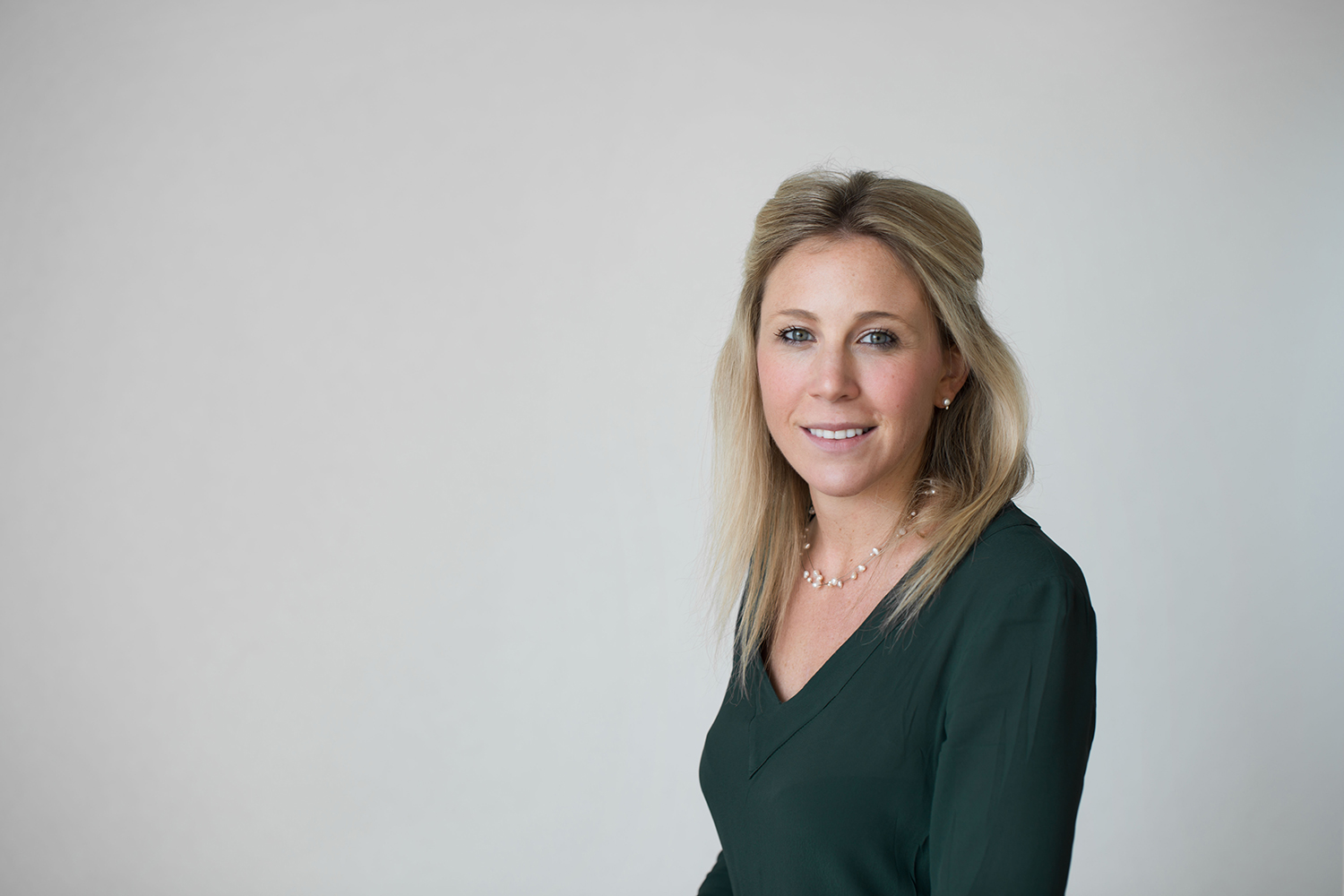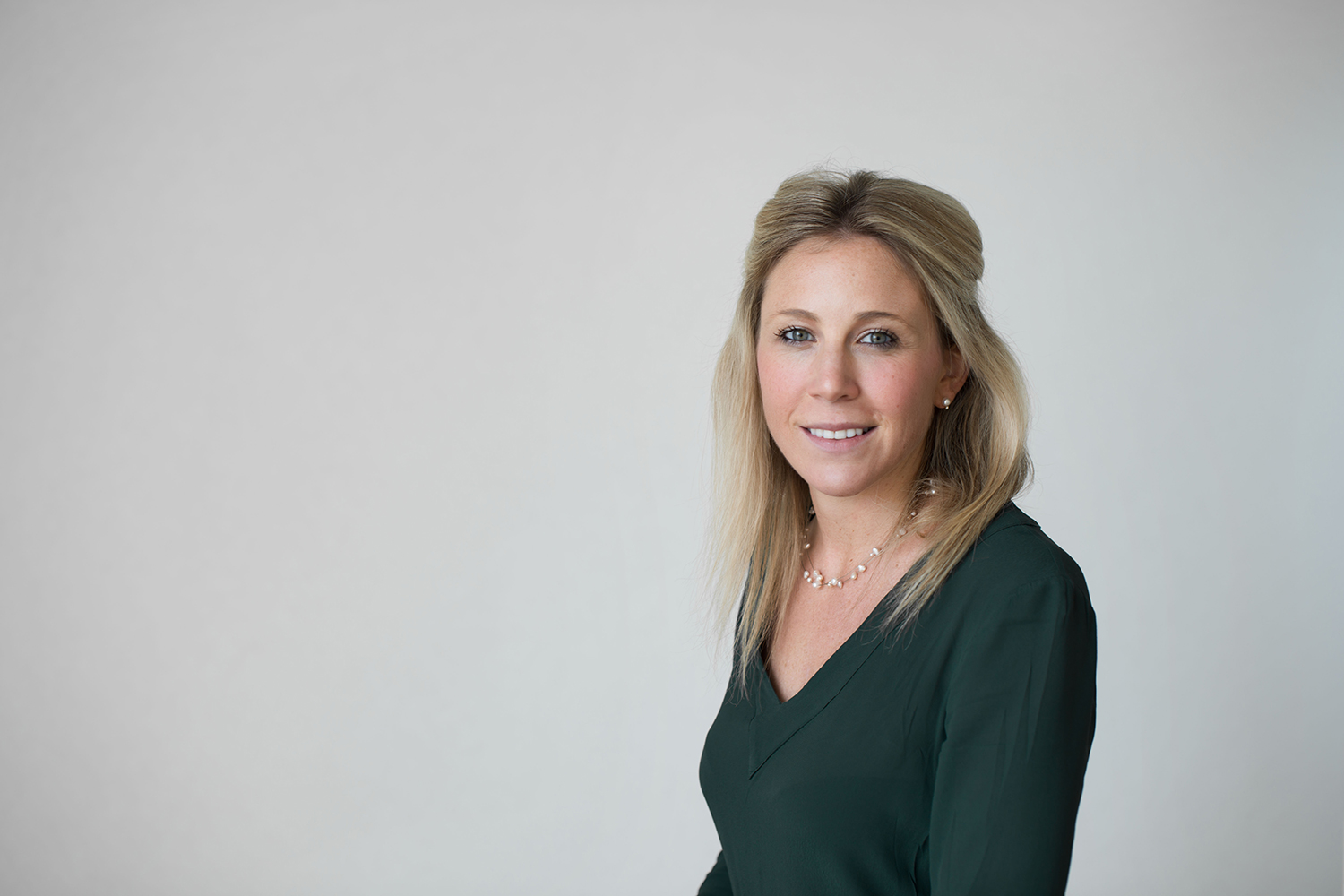
Joanne Huckle
Partner | Legal
Cayman Islands

Joanne Huckle
Partner
Cayman Islands
Services
We have the expertise to handle the most demanding transactions. Our commercial understanding and experience of working with leading financial institutions, professional advisers and regulatory bodies means we add real value to clients’ businesses.
Sectors
Our sector approach relies on smart collaboration between teams who have a deep understanding of related businesses and industry dynamics. The specific combination of our highly informed experts helps our clients to see around corners.
We have the expertise to handle the most demanding transactions. Our commercial understanding and experience of working with leading financial institutions, professional advisers and regulatory bodies means we add real value to clients’ businesses.
Legal
Corporate and Fiduciary
Consulting
Banking and Finance
Corporate
Dispute Resolution
Employment law
Intellectual Property
Investment Funds
Listing Services
Local Legal Services
Ogier Regulatory Consulting
Our sector approach relies on smart collaboration between teams who have a deep understanding of related businesses and industry dynamics. The specific combination of our highly informed experts helps our clients to see around corners.
Ogier provides practical advice on BVI, Cayman Islands, Guernsey, Irish, Jersey and Luxembourg law through our global network of offices across the Asian, Caribbean and European timezones. Ogier is the only firm to advise on this unique combination of laws.
Keep up to date with industry insights, analysis and reviews. Find out about the work of our expert teams and subscribe to receive our newsletters straight to your inbox.
Fresh thinking, sharper opinion.
We get straight to the point, managing complexity to get to the essentials. Our global network of offices covers every time zone.
About us
Corporate social responsibility (CSR)
Diversity, equity and inclusion
Information security
Innovation
Sustainability
Insight
26 April 2024
Cayman Islands
2 min read
ON THIS PAGE
RELATED
At GAIM Ops Cayman 2024, a premier event for professionals in the investment funds industry, the Alternative Investment Management Association (AIMA) hosted a discussion on the latest regulatory changes and operational challenges facing the sector.
Joanne Huckle, a partner in Ogier's Investment Funds team in Cayman, led the panel through a comprehensive regulatory roundup, focusing on several key areas affecting Cayman funds and private equity, particularly the Cayman Islands Monetary Authority's (CIMA) rules and guidance on corporate governance and internal controls.
In this snapshot summary of the panel discussion, Joanne discusses how different types of funds, including hedge funds and private equity funds, are impacted by these rules and how they are meeting these rules in practice.
CIMA has two separate rules relating to corporate governance and internal controls. The first is a governance rule, which requires all regulated entities (so all funds) to establish a corporate governance framework. There is no one size fits all approach for compliance with the various elements of the rule.
Many hedge funds (especially those that have independent directors and are already running formal and fulsome, minuted board meetings each year), find their fund documents and their existing practices are generally already compliant with the majority of the requirements contained in the new rules.
However, there are a handful of areas in which typical fund documents do not cover off the requirements of the rules and so most funds do have some work to do. There are various ways we see that approached. Increasingly popular is a short form governance framework, that supplements the existing fund documentation, and covers off the missing elements. This may, for example, include expressly covering:
For Cayman private equity funds the rules are more likely to introduce some new processes. Cayman private equity funds are typically established with a general partner (GP) entity as the governing body (whether a Cayman or a foreign entity), and this GP is subject to the new rules. In particular, we are seeing that the requirement to hold an annual meeting, where at least two natural persons are in attendance for the GP entity, requires a new practice to be put in place for many GPs. This concept of a formal, fulsome annual meeting (including all service provider reports) is likely to be a change in practice for many private equity fund GPs and we see that an increasing number of GPs are outsourcing this to a corporate secretarial provider.
The second rule focuses on internal controls. This is an interesting one in the context of investment funds that typically don't have their own internal businesses and personnel but rather rely on contractual service providers and agents - for example the investment manager, the administrator and AML Officers.
A core part of applying this rule to a fund focuses on ensuring the fund's governing body has proper oversight of these service providers and that it is reasonable for the fund to continue to rely on them. In particular, that the governing body is confident that these service providers have sufficient internal controls to identify and mitigate risk and deal with any risk issues that arise and may impact the fund.
With sufficient reporting and diligent oversight (especially investigating where systems relied upon within service providers may have broken down), this should be possible. Ensuring a fulsome agenda and at least an annual meeting of the governing body, as well as proper reporting lines and processes for escalation to the board, is essential to ensure this rule is complied with.
For more information on fund regulation and compliance or corporate secretarial services, please contact Joanne Huckle, one of our Cayman Islands funds and regulatory experts listed below, or reach out to your usual Ogier contact.
Ogier is a professional services firm with the knowledge and expertise to handle the most demanding and complex transactions and provide expert, efficient and cost-effective services to all our clients. We regularly win awards for the quality of our client service, our work and our people.
This client briefing has been prepared for clients and professional associates of Ogier. The information and expressions of opinion which it contains are not intended to be a comprehensive study or to provide legal advice and should not be treated as a substitute for specific advice concerning individual situations.
Regulatory information can be found under Legal Notice
Sign up to receive updates and newsletters from us.
Sign up